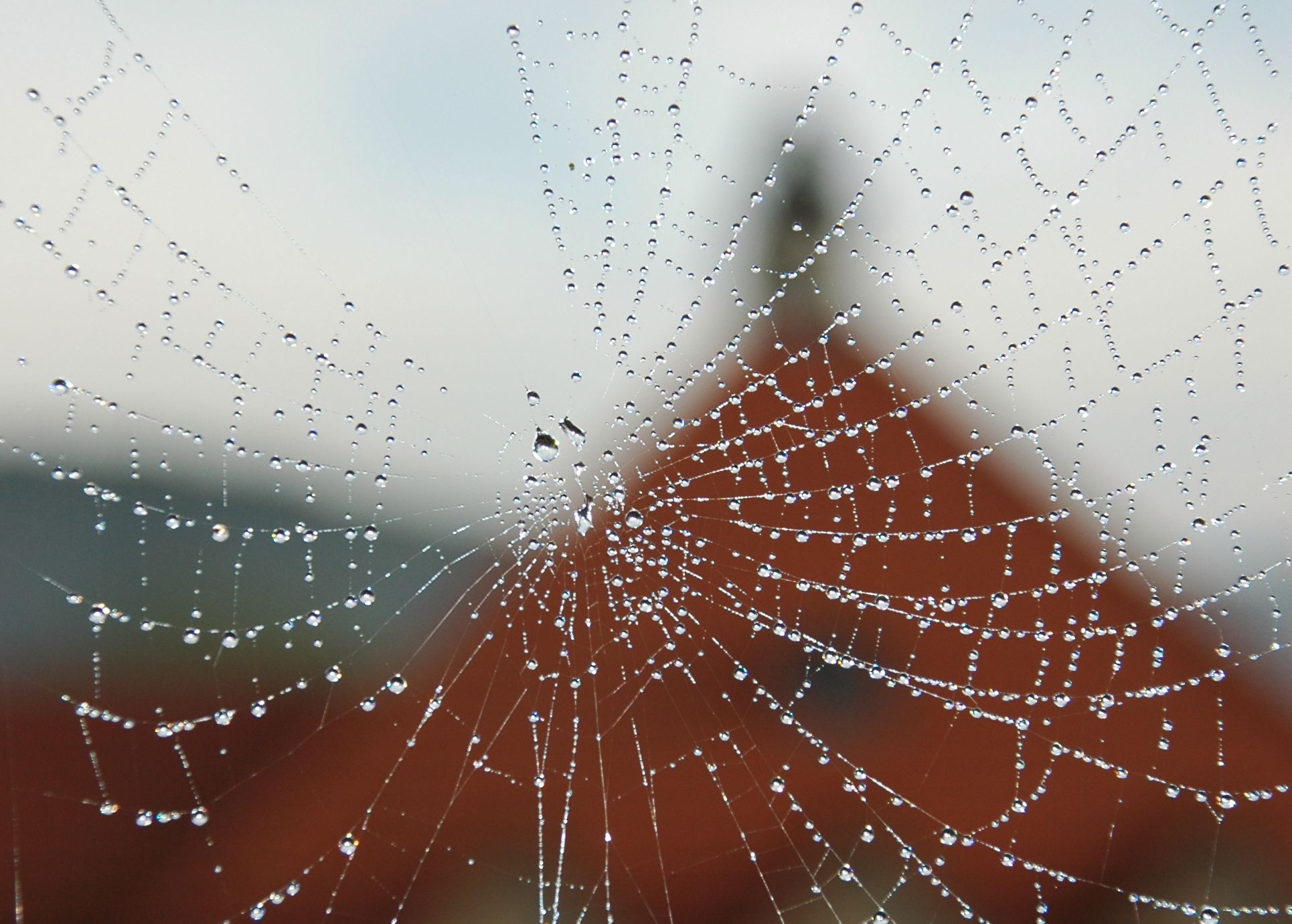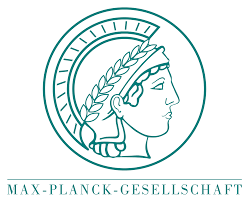Workshop:
Mechanical Forces in Biology:
Theory and Simulation Universidad de los Andes, Bogotá, Colombia
September 30–October 2, 2019
Mechanical Forces in Biology:
Theory and Simulation Universidad de los Andes, Bogotá, Colombia
September 30–October 2, 2019
|
Overview
Mechanical forces are ubiquitous in biology. At the macroscopic level, mechanical stress influences key aspects such as the morphology or the growth of tissues and organs. In addition, specific organs, like the ear, have evolved to work as highly sensitive detectors of mechanical signals. Moreover, biological frameworks, such as silk fibers, are fabulous materials, designed to withstand large mechanical stresses while staying very flexible. At the cellular level, mechanics define vital processes such as stability, division, proliferation, or migration of cells. At the molecular level, mechanical forces stimulate ion channels, molecular motors, or adhesive proteins to trigger their function. Mechanical forces are also manifested in diseases. For instance, bacteria and parasites use the shear-stress of flows to adhere more firmly to host cells.Theoretical and simulation approaches have greatly contributed to our understanding of how biological systems cope with mechanical forces. The goal of the workshop is thus to bring a selected group of renown scientist, to provide the basis and the state of the art of mechanical forces in biology, over a wide resolution range, from biomolecules to organs, from a theoretical and a simulation perspective. The workshop is addressed to students, researchers, and professors interested in this area. The participants will have the opportunity to interact with the invited speakers and to present their own work in contributed talks and poster presentations.
Topics include:


|



